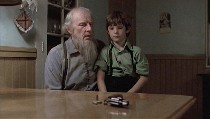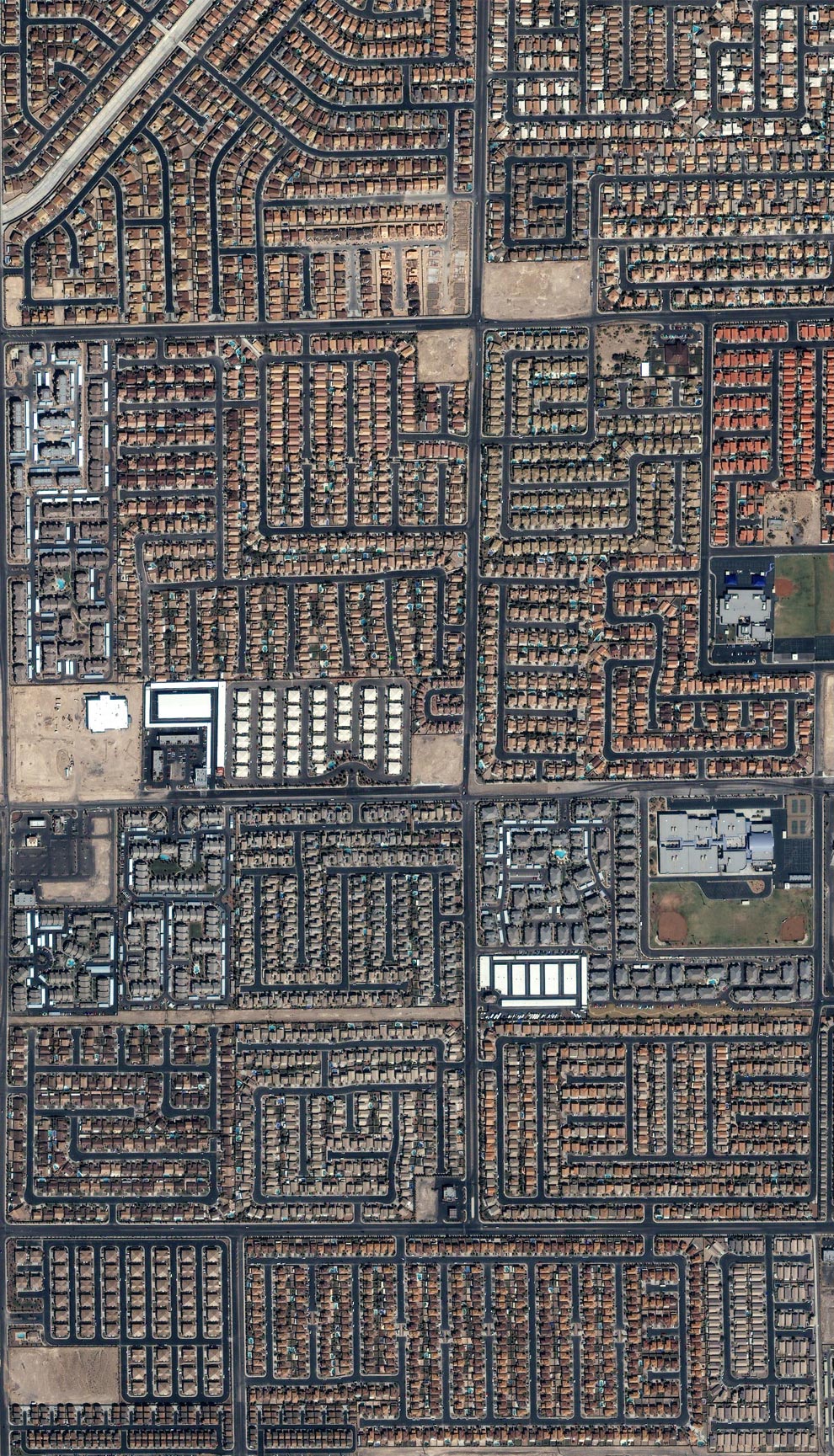
I was watching the Harrison Ford film, "The Witness", and there is an interesting discussion about whether violence can ever be justified, even in a righteous cause.
As you might remember, Samuel is the boy who has witnessed the murder. Harrison Ford is the policeman who stays with the boy and his mother in an Amish community.
The boy is toying with a handgun. His mother takes it away, and then we see the grandfather discussing guns with Samuel.
This is how the dialogue goes:
"Many times the wars have come, and people have said to us: You must fight. You must kill. It is the only way to preserve the good." But, Samuel, there is never only one way, remember that.
"Would you kill another man?"
Samuel replies, "I would only kill a bad man."
"Only the bad man, I see. And you know these bad men by sight? You are able to look into their hearts and see this badness?"
Samuel replies, "I can see what they do. I have seen it."
"And having seen, you become one of them. Don't you understand? What you take into your hands, you take into your heart.
""Wherefore come out from among them, and be ye separate, saith the Lord."
""And touch not the unclean thing".
"This gun of the hand is for the taking of the human life. We believe it is wrong to take life. That is only for God."
Given that this talk comes in an action film, I am surprised at the depth of the narrative. This is not just another story about a murder, its witness, and a policeman falling in love with the mother of the child. There is that too, but the film goes beyond that.
I have not completed the film, I had to go to office, so I switched off the DVD halfway. I think either the boy or his mother will take the gun and kill someone, or else, this particular conversation would have no point.
For me, the words, "And having seen, you become one of them. Don't you understand? What you take into your hands, you take into your heart," are particularly telling. We can't help what we see. And though we can choose our reaction, we cannot escape the consequences of our action.
Moral corruption is corrosive. I think the solution lies in our judgment, it is the labelling of good and bad that gives room for evil to be. Yet, how can we react to the murderer without condemning him as bad and evil?
I don't think there is any answer to this.
There is a Christian view on this by Jim Meisner, Jr., where he sets the problem, "All of us living outside cloistered communities like the Amish or the monastic life, are walking in the world, where nearly every step takes us further away from the Father. Because all of us, no matter how close we think we walk and talk with God, are of the world we inhabit, perhaps the greatest effect of Christians living in a world of unbelievers is we learn to lie to ourselves. We rationalize our ethics in situations that conflict with our faith, we justify our biases and we isolate ourselves from our Christian community by surrounding ourselves with the fruits of consumerism."
And the solution he provides is this: "Jesus reminds us that while we may still be in the world, through him, we have peace: "These things I have spoken to you, so that in Me you may have peace. In the world you have tribulation, but take courage; I have overcome the world" (John 16:33). By remaining in the world, each of us has the opportunity to do our best to improvise in our Christian Ethics and fight evil, like John Book, and to fulfill one of Christ’s greatest challenges to us, his followers, "Go into all the world and preach the gospel to all creation" (Mark 16:15)."
This dialogue is discussed in the book, "Witness Directed by Peter Weir" By Rachel Palgan.





